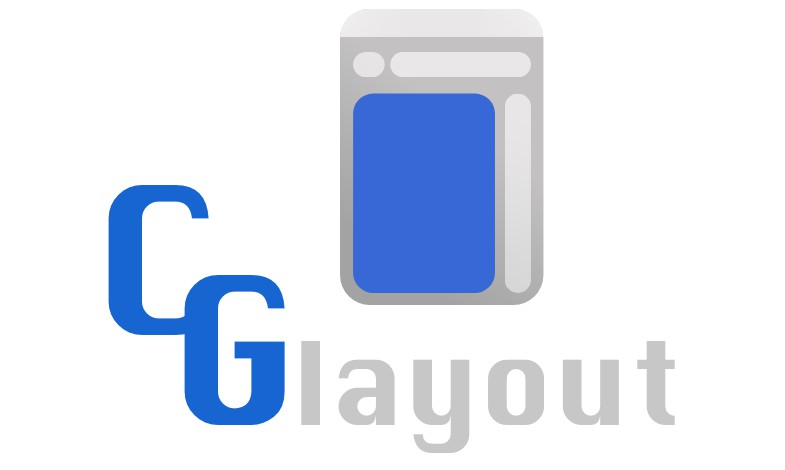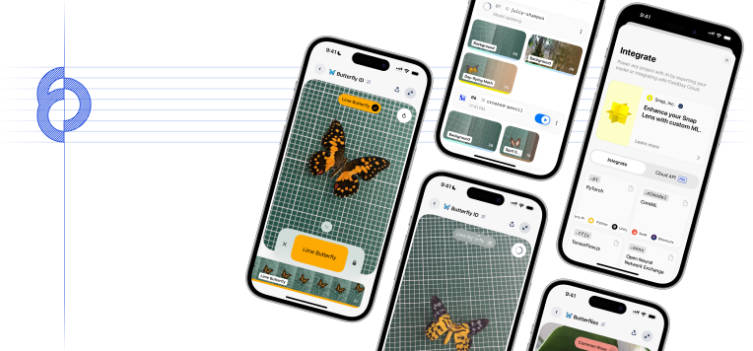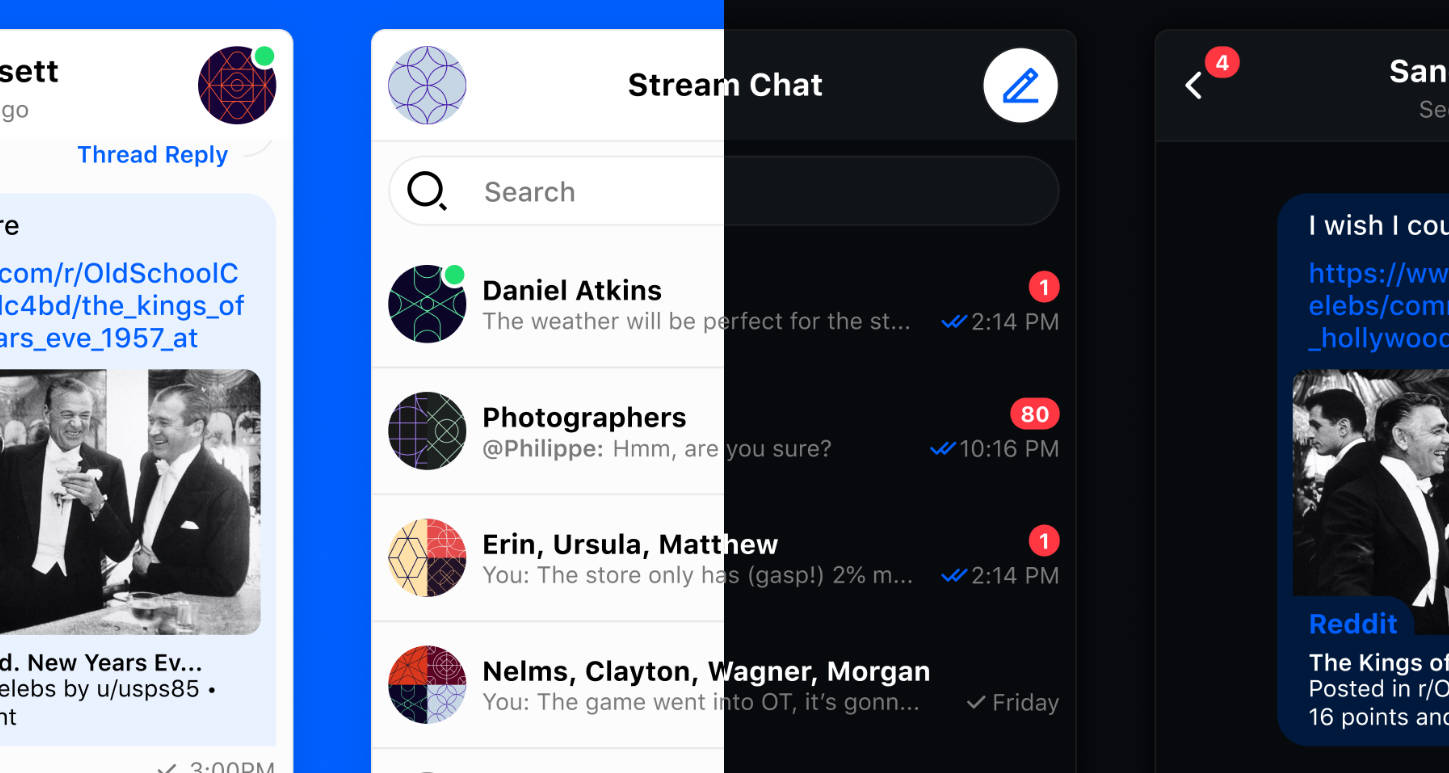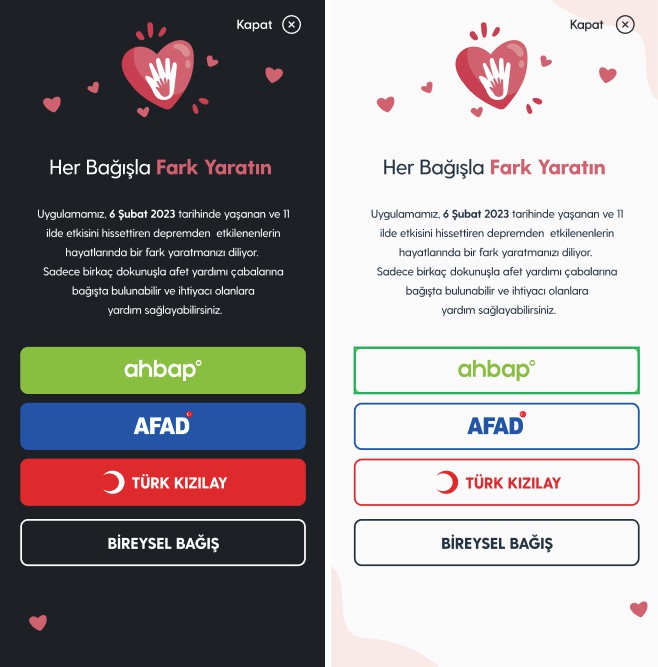Zcash iOS Framework
A Zcash Lightweight Client SDK for iOS
This is an alpha build and is currently under active development. Please be advised of the following:
- This code currently is not audited by an external security auditor, use it at your own risk
- The code has not been subjected to thorough review by engineers at the Electric Coin Company
- We are actively changing the codebase and adding features where/when needed
? Security Warnings
- The Zcash iOS Wallet SDK is experimental and a work in progress. Use it at your own risk.
- Developers using this SDK must familiarize themselves with the current threat
model, especially the known weaknesses described there.
Build dependencies
ZcashLightClientKit uses a rust library called Librustzcash. In order to build it, you need to have rust and cargo installed on your environment.
Install Rust and Cargo following these directions, and then install cargo-lipo and add the appropriate architectures using rustup with the following example:
$ cargo install cargo-lipo
$ rustup target add aarch64-apple-ios x86_64-apple-ios
Cocoapods Support
Installing ZcashLightClientKit as a Contributor
use_frameworks!
pod 'ZcashLightClientKit', :path => '../../', :testspecs => ['Tests'] # include testspecs if you want to run the tests
Installing ZcashLightClientKit as a wallet app developer
use_frameworks!
pod 'ZcashLightClientKit'
Custom build phases warning
When running pod install you will see this warning upon success:
[!] ZcashLightClientKit has added 2 script phases. Please inspect before executing a build.
See `https://guides.cocoapods.org/syntax/podspec.html#script_phases` for more information.
Integrating Rust code with Swift code and delivering it in a consistent and (build) reproducible way, is hard. We’ve taken the lead to get that burden off your shoulders as much as possible by leveraging the prepare_command and script_phases features from Cocoapods to carefully generate a build for the Rust layer.
Build system
This section explains the ‘Build System’ that integrates the rust code and creates the corresponding environment.
Overview
There are some basic steps to build ZcashLightClientKit. Even though they are ‘basic’ they can be cumbersome. So we automated them in scripts.
1. Pod install and prepare_command
ZcashLightClientKit needs files to be present at pod installation time, but that can’t be defined properly yet and depend on librustzcash building properly and for an environment to be set up at build time. For know we just need to let Cocoapods that these files exist:
${ZCASH_POD_SRCROOT}/zcashlc/libzcashlc.athis is the librustzcash build .a file itselflib/libzcashlc.a(as vendored library that will be added as an asset by xcodeproj)
2. Build Phase
The build Phase scripts executes within the Xcode Build Step and has all the known variables of a traditional build at hand.
s.script_phase = {
:name => 'Build generate constants and build librustzcash',
:script => 'sh ${PODS_TARGET_SRCROOT}/Scripts/build_librustzcash_xcode.sh',
:execution_position => :before_compile
}
This step will generate files needed on the next steps and build the librustzcash with Xcode but not using cargo’s built-in Xcode integration
** Building librustzcash and integrating it to the pod structure**
Where the magic happens. Here we will make sure that everything is set up properly to start building librustzcash. When on mainnet, the build will append a parameter to include mainnet features.
Scripts
On the Scripts folder you will find the following files:
| Scripts
|-/prepare_zcash_sdk.sh
|-/generate_test_constants.sh
|-/build_librustzcash_xcode.sh
|-/build_librustzcash.sh
|-/script_commons.sh
prepare_zcash_sdk.sh
This script is run by the Cocoapods ‘prepare_command’.
s.prepare_command = <<-CMD
sh Scripts/prepare_zcash_sdk.sh
CMD
It basically creates empty files that cocoapods needs to pick up on its pod structure but that are still not present in the file system and that will be generated in later build phases.
NOTE: pod install will only run this phase when no Pods/ folder is present or if your pod hash has changed or is not present on manifest.lock. When in doubt, just clean the Pods/ folder and start over. That usually gets rid of weirdness caused by Xcode caching a lot of stuff you are not aware of.
script_commons.sh
A lot of important environment variables and helper functions live in the script_commons.sh.
Testing
Currently tests depend on a lightwalletd server instance running locally or remotely to pass.
To know more about running lightwalletd, refer to its repo https://github.com/zcash/lightwalletd
Pointing tests to a lightwalletd instance
Tests use Sourcery to generate a Constants file which injects the lightwalletd server address to the test themselves.
Installing sourcery
Refer to the official repo https://github.com/krzysztofzablocki/Sourcery
Setting env-var.sh file to run locally
Create a file called env-var.sh on the project root to create the LIGHTWALLETD_ADDRESS environment variable on build time.
export LIGHTWALLETD_ADDRESS="localhost%3a9067"
Integrating with CD/CI
The LIGHTWALLETD_ADDRESS environment variable can also be added to your shell of choice and xcodebuild will pick it up accordingly.
We advise setting this value as a secret variable on your CD/CI environment when possible.
Integrating with logging tools
There are a lots of good logging tools for iOS. So we’ll leave that choice to you. ZcashLightClientKit relies on a simple protocol to bubble up logs to client applications, which is called Logger (kudos for the naming originality…)
public protocol Logger {
func debug(_ message: String, file: String, function: String, line: Int)
func info(_ message: String, file: String, function: String, line: Int)
func event(_ message: String, file: String, function: String, line: Int)
func warn(_ message: String, file: String, function: String, line: Int)
func error(_ message: String, file: String, function: String, line: Int)
}
To enable logging you need to do 2 simple steps:
- have one class conform the
Loggerprotocol - inject that logger when creating the
Initializer
For more details look the Sample App’s AppDelegate code.
Swiftlint
We don’t like reinventing the wheel, so we gently borrowed swift lint rules from AirBnB which we find pretty cool and reasonable.
Troubleshooting
clean pod install
it’s not necessary to delete the whole Pods/ directory and download all of your dependencies again
- on your project root, locate the
Pods/directory - remove ZcashLightClientKit from it
- clean derived data from Xcode
- close Xcode
- run
pod install(run –verbose to see more details) - open Xcode project
- build
_function_name referenced from…
if you get a build error similar to _function_name referenced from...
- on your project root directory *
- remove the ‘Pods’ directory
rm -rf Pods/ - delete derived data and clean
- run
pod install - build
can’t find crate for … target may not be installed
This error could be a side effect of having more then one rust toolchain installed.
If you worked with ZcashLightClientKit 0.6.6 or below you might have had to set the compiler to 1.40.0 which can cause this compilation error to happen.
make sure that the directory that you are working on has the correct rust environment.
You can do so by calling rustup show in the working directory.
Building in Apple Silicon
So far we have come up with this set up (april 2021)
- Clone a terminal and run it in rosetta mode
- Clone your Xcode of choice and run it in rosetta mode
- Installing the right toolchain for cargo
rustup toolchain add stable-x86_64-apple-darwinrustup target add aarch64-apple-ios x86_64-apple-darwin x86_64-apple-ios
Versioning
This project follows semantic versioning with pre-release versions. An example of a valid version number is 1.0.4-alpha11 denoting the 11th iteration of the alpha pre-release of version 1.0.4. Stable releases, such as 1.0.4 will not contain any pre-release identifiers. Pre-releases include the following, in order of stability: alpha, beta, rc. Version codes offer a numeric representation of the build name that always increases. The first six significant digits represent the major, minor and patch number (two digits each) and the last 3 significant digits represent the pre-release identifier. The first digit of the identifier signals the build type. Lastly, each new build has a higher version code than all previous builds. The following table breaks this down:
Build Types
| Type | Purpose | Stability | Audience | Identifier | Example Version |
|---|---|---|---|---|---|
| alpha | Sandbox. For developers to verify behavior and try features. Things seen here might never go to production. Most bugs here can be ignored. | Unstable: Expect bugs | Internal developers | 0XX | 1.2.3-alpha04 (10203004) |
| beta | Hand-off. For developers to present finished features. Bugs found here should be reported and immediately addressed, if they relate to recent changes. | Unstable: Report bugs | Internal stakeholders | 2XX | 1.2.3-beta04 (10203204) |
| release candidate | Hardening. Final testing for an app release that we believe is ready to go live. The focus here is regression testing to ensure that new changes have not introduced instability in areas that were previously working. | Stable: Hunt for bugs | External testers | 4XX | 1.2.3-rc04 (10203404) |
| production | Delivery. Deliver new features to end users. Any bugs found here need to be prioritized. Some will require immediate attention but most can be worked into a future release. | Stable: Prioritize bugs | Public | 8XX | 1.2.3 (10203800) |
Examples
This repo contains demos of isolated functionality that this SDK provides. They can be found in the examples folder.
Examples can be found in the Demo App.
License
MIT



